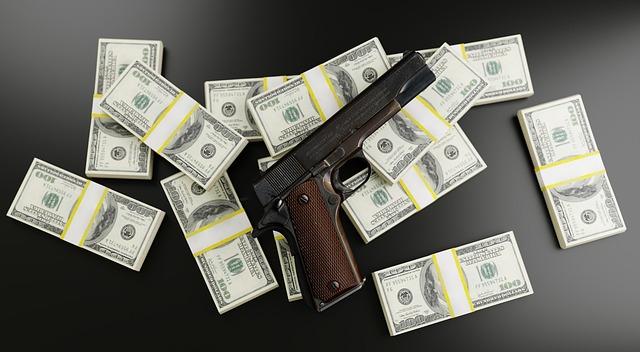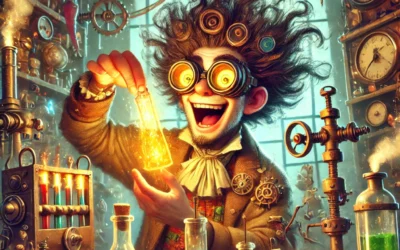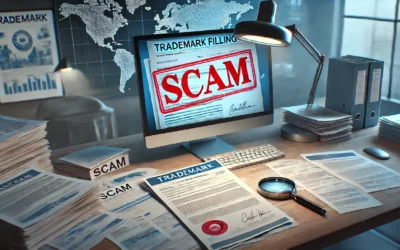In “American Gangster”, a 2007 film by Ridley Scott, Denzel Washington plays drug trafficker Frank Lucas. He imports very high quality heroin from Thailand and calls it “Blue Magic”.
In one scene, he goes to meet a distributor called Nicky Barnes (played by Cuba Gooding Jr.). Nicky has been selling diluted heroin and calling it “Blue Magic”.
Frank: I gotta problem ’cause I don’t understand why you gotta take something that’s perfectly good and mess it up. See, brand names. Brand names mean something. Blue Magic, that’s a brand name. Like Pepsi. That’s a brand name. I stand behind it, I guarantee it. They know that, even if they don’t know me any more than they know the chairman of General Mills.
Nicky: What the f##k are you talking about?
Frank: What I’m talking about is when you chop my dope down to one, two, three, four, five percent, and then you call it “Blue Magic”, that is trademark infringement. You understand what I’m saying?
Nicky: What do you want Frank? You want me to change the name on it.
Frank: I would have to insist that you change the name.
Nicky: Fine by me Frank, I’ll call it Red Magic, even though that don’t sound as good.
Frank: I don’t give a f##k what you call it, put a chokehold on it motherf###er, and call it Blue Dog Shit.
Frank Lucas was completely right. One of the functions of a trademark is to guarantee the quality of goods sold and marketed under that mark, as explained almost as eloquently by the European Court of Justice in L’Oréal SA v. Bellure NV (Case C‑487/07). If you buy a product and like it, you should be able to rely on it being just as good the next time you buy it.
Nicky tried at first to defend his actions. Apparently he had been buying authentic Blue Magic and was diluting it to make more profit.
Nicky: With all due respect Frank, If I buy something I own it.
Frank: No, that ain’t true. That ain’t true.
Nicky: If I buy a car, and I wanna paint it, I can paint the motherf###er.
Nicky was trying to defend his actions by referring to a trademark doctrine called “exhaustion” (“first-sale-doctrine” in the US). If you buy a product, the trademark rights are “exhausted” and the trademark owner cannot prevent you from reselling that same product. However, there’s an important exception to this. If the condition of the product has been changed or impaired after it was put on the market, the trademark rights are not “exhausted” and the trademark owner can prevent such resale. In other words, Nicky could not buy heroin from Frank, dilute it and resell it as “Blue Magic” because the product was impaired by its dilution.
This comes to the “guarantee” function of the trademark Frank was talking about. People buying products expect them to meet certain standards. That’s why they buy the product in the first place. If the condition of the product could be impaired and still sold using the same trademark, it would diminish the value of the brand as people would be getting less than they thought they would. That’s why Frank demanded that Nicky changes the brand name of the diluted Blue Magic to Blue Dog Shit.
What can be learned from Frank?
Trademarks are highly valuable assets. The reputation and goodwill of your products are captured in their trademarks. It is important that you enforce your rights (in a non-criminal way, obviously). If someone infringes your trademark rights, demand that they stop. Allowing them to continue will damage your brand and reputation.
Perfume decanting – legal or not?
Pefrume decanting operates in the grey area of trademarks. Read here what the legal risks are and whether perfume companies can object to that.



